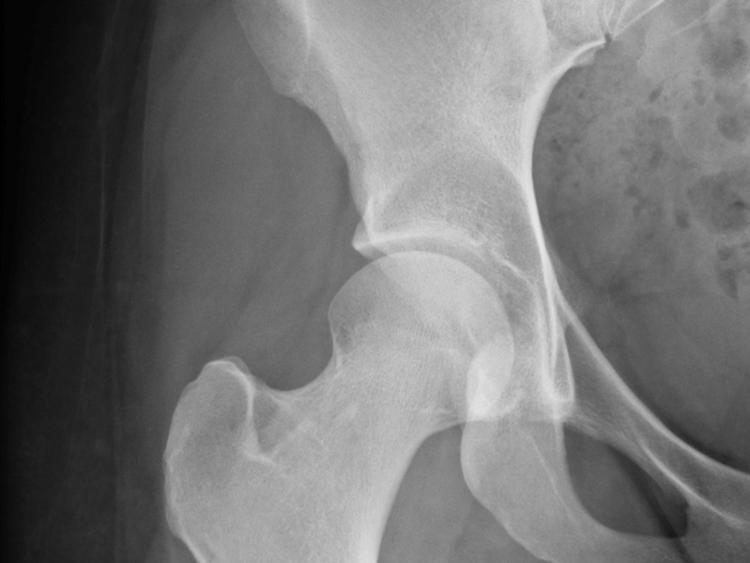Femoral fracture incidence is increasing yearly due to an aging population. This is even greater in regions such as Norfolk and Waveney with an above average elderly and frail population.
Femoral fracture requires surgery to fix to allow an early return to walking and function but there are high levels of mortality and long-term disability associated to this major injury.
There are national best practice standards that have the objective to improve the outcomes following surgery for this fracture. This includes time to a dedicated specialist ward, time to surgery and time to being mobilised after surgery.
There is also a need to ensure patients have a clear pathway from admission to be able to have the best chance of returning home as soon as possible. This requires the input from the whole multidisciplinary team including surgeons, nurses, occupational therapist, and physiotherapists.
At the James Paget University Hospitals NHS Foundation Trust, the therapy team have developed an MDT approach to improve the involvement of patients at an earlier stage of their acute journey and reduce acute length of stay.
This approach includes early occupational therapy assessment, joint therapy sessions and setting a criteria-led decision point in the first week after surgery.
This “7-day decision point” model has improved MDT communication and working and reduced acute length of stay for our femoral fracture patients.
It is hoped to be able to share this good practice to a wider audience within the Norfolk and Waveney Integrated Care Board but also further afield to improve patient care and outcomes.


